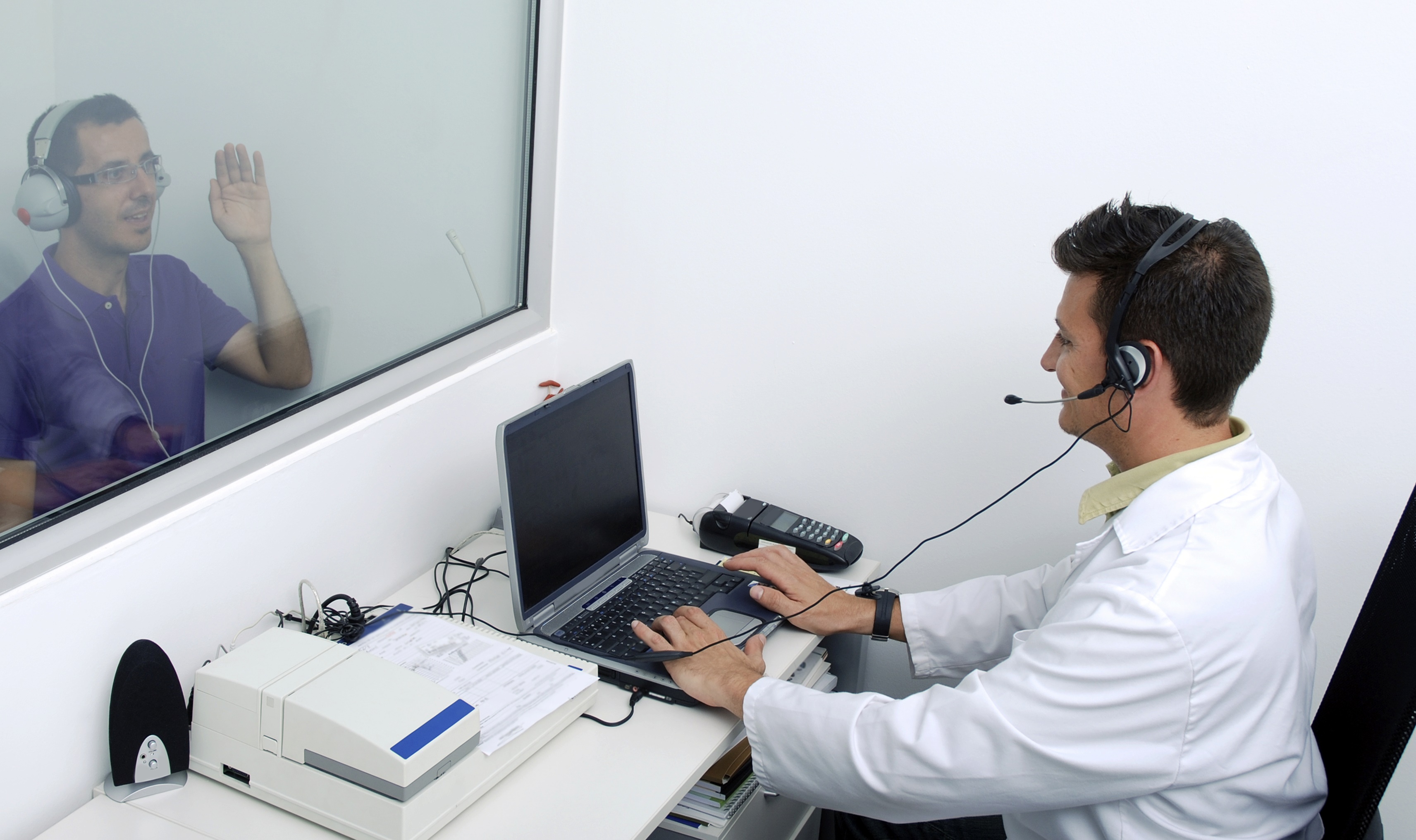
Congratulations on taking the initial step toward better hearing by booking your hearing exam. You’re already ahead of the game, as many people delay having their hearing tested for many years—in some cases decades.
But now that you’ve booked your hearing test, you’ll want to ensure that you’re well prepared for the visit, particularly if test results show that you could benefit from hearing aids. Purchasing hearing aids can be difficult, but if you ask the right questions, your hearing care specialist can help direct you to the ideal technology.
To attain the best hearing you can, make sure to ask these five questions at your upcoming hearing test.
1. What kind of hearing loss do I have?
Your hearing care professional will test your hearing using the most current technology, and the results of the test will be printed on a diagram known as an audiogram. Make sure your hearing professional reviews the audiogram with you and explains:
- The type and severity of your hearing loss. High-frequency hearing loss is most common, and is further classified as mild, moderate, severe, or profound.
- How hearing aids can help, and if and why you’d need hearing aids for one or both ears. Hearing loss in both ears is ideally addressed with two hearing aids, and the audiogram will demonstrate the results for both ears.
2. Which hearing aid is most suitable for my needs?
Each patient’s hearing loss and hearing requirements are unique. The more your hearing professional understands about your way of life, the better they can prescribe the appropriate technology.
If you’re particularly active, for example, you may want to consider the latest hearing aid technology with wireless capabilities. If you don’t want all of the special features, however, a more affordable alternative is likely a better fit.
3. What are my options for financing?
Next is everyone’s least favorite topic—price. Although you should bear in mind that the benefits of hearing aids far exceed the cost (the monthly expense in most cases being lower than the cable TV bill), the price can still seem high.
A number of financing possibilities are available that can help you cover the cost, although not all options are available to every individual. Even so, you should talk to your hearing professional regarding some of these sources:
- private insurance (uncommon but worth asking about)
- Medicare and Medicaid
- Veterans Administration benefits
- charitable organizations
- state programs
- financing options (special healthcare credit arrangements)
4. How can I best adjust to my new hearing aids?
After you’ve selected your preferred hearing aids and have had them expertly fit, you can return home and instantly hear perfectly without any problems, correct?
Not exactly. Just like anything new, you’ll need some time to adapt. You’ll be hearing sounds you haven’t noticed for some time, your voice may sound unusual, and the fit may feel awkward. This is perfectly normal and expected, and will resolve itself in a short amount of time. You just have to be patient.
Make sure your hearing professional offers instructions on how to best adjust to your hearing aids, including how to control them and how to learn the features.
5. How do I take care of my hearing aids?
Hearing aids are high-tech and dependable products that should function reliably for years. Still, they will require consistent cleaning and care. Consult with your hearing professional about cleaning products and practices, storage methods, accessories, and battery management.
In addition, it’s a good idea to have your hearing specialist professionally clean your hearing aids once or twice a year.
As you get ready for your hearing test, keep in mind that obtaining the best outcome requires:
- understanding your hearing loss
- matching your hearing loss and lifestyle to the right technology
- choosing an affordable solution based on your budget
- fitting and programming your new hearing aids
- adapting to and taking care of your hearing aids
With the help of your local hearing care professional—and by asking the right questions—you can assure the best outcome and a lifetime of better hearing.
